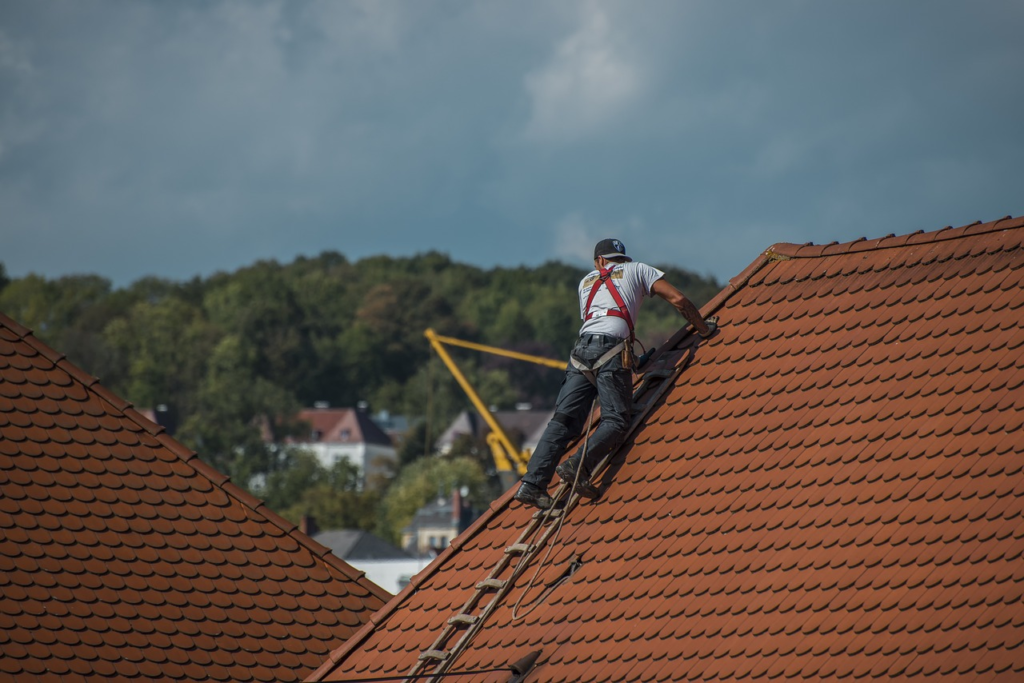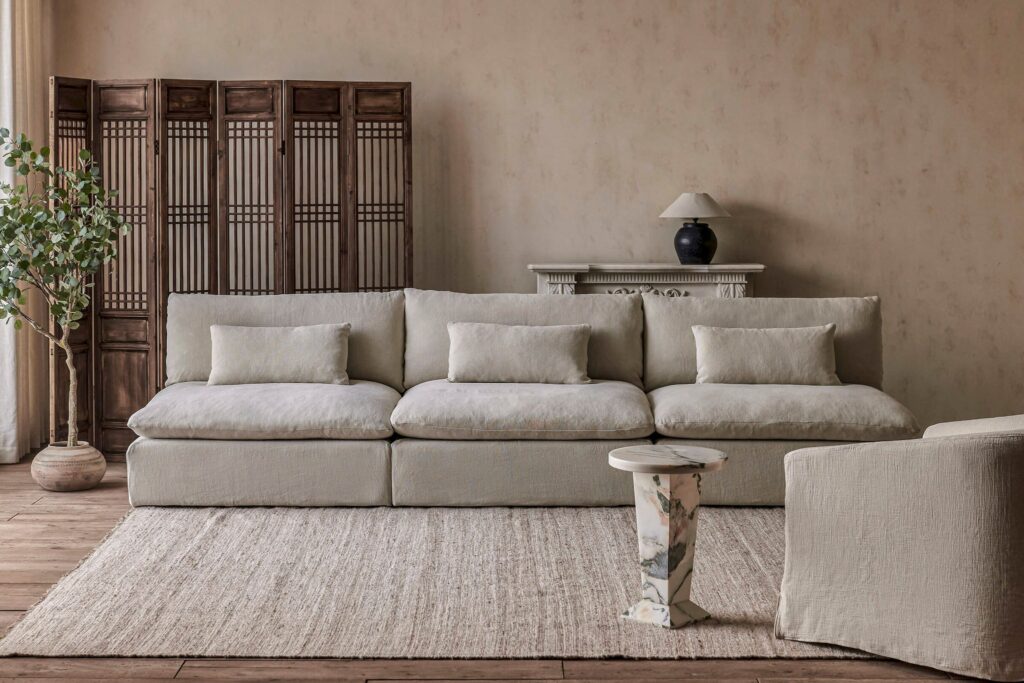Choosing the right roofing for your business is a decision that can have long-lasting impacts on your building’s integrity and your company’s bottom line. With a plethora of options available, it’s essential to understand the various factors that should influence your choice. In this blog post, we will explore seven critical considerations to help you make an informed decision.
Understanding Different Types of Roofing Materials
When it comes to roofing materials, there is no one-size-fits-all solution. The choice of material can significantly influence the durability, maintenance, and aesthetic appeal of your building. Common options include asphalt shingles, metal roofing, rubber roofing, and green roofs. Each material has its own set of advantages and disadvantages.
For example, asphalt shingles are affordable and easy to install, but may not be as durable as metal roofing. Metal roofing, on the other hand, is long-lasting and offers excellent protection against harsh weather conditions. However, it can be more expensive upfront. Understanding these material differences helps you match your needs with the right type of roofing.
Budgeting for Your Roofing Project
Budget is a primary consideration in any business decision, and roofing is no exception. The cost of roofing can vary widely depending on the material, the complexity of the installation, and the size of your roof. It’s crucial to set a budget that accounts for not just the initial costs but also long-term maintenance and potential repairs.
Keep in mind that while it might be tempting to go for the cheapest option, this could end up costing more in the long run due to frequent repairs or replacements. Therefore, consider the total lifecycle cost of your roofing material to make an economically sound decision.
Climate and Weather Conditions
Your local climate plays a significant role in determining the best roofing material for your business. For instance, if your business is located in an area with heavy rainfall, you would need a material that is resistant to water damage. Conversely, in hot climates, materials that reflect heat and provide insulation would be more appropriate.
Materials like metal and rubber are excellent for areas with extreme weather conditions, as they offer both durability and weather resistance. It’s essential to choose a roofing material that can withstand the specific challenges posed by your local climate to ensure longevity and performance.
Energy Efficiency and Environmental Impact
In today’s eco-conscious world, energy efficiency and environmental impact are essential considerations. Some roofing materials offer better insulation and energy efficiency than others. For instance, metal roofs can reflect solar heat, reducing cooling costs during the summer months. Similarly, green roofs provide natural insulation and can help reduce urban heat islands.
Additionally, materials like recycled metal and rubber are more environmentally friendly. Choosing a roofing material that aligns with your sustainability goals can not only reduce your energy bills but also enhance your brand’s reputation as an environmentally responsible business.
Consider the Type of Your Building
The structure and purpose of your building should also influence your roofing choice. For example, the roofing needs of a large warehouse will differ significantly from those of a small retail space. So, commercial roofing in Riverside, CA often requires materials that can cover large, flat surfaces efficiently while providing durability and ease of maintenance. Think about the specific requirements of your building, including its architectural style, size, and intended use. This will help you choose a roofing material that not only meets functional needs but also complements the overall look of your business premises.
Longevity and Warranty
Longevity is a critical factor when selecting roofing for your business. You want a material that will stand the test of time and provide reliable protection for years to come. Each roofing material has its own lifespan; for example, asphalt shingles might last 20-30 years, whereas metal roofing can last up to 50 years or more.
In addition to the material’s inherent durability, consider the warranty offered by the manufacturer. A good warranty can provide peace of mind, knowing that you are covered in case of defects or unexpected issues. Always read the fine print and understand what is covered and for how long before making a decision.
Hiring the Right Professional
Last but certainly not least, the quality of your roofing installation will depend heavily on the expertise of the professionals you hire. A skilled and experienced roofer can make all the difference in ensuring that your roofing is installed correctly and performs as expected.
Look for contractors with a solid reputation, relevant experience, and proper licensing and insurance. Don’t hesitate to ask for references and check online reviews. A reputable contractor will be transparent about their processes, provide a detailed quote, and offer a workmanship warranty.
Choosing the right roofing for your business is a multifaceted decision that requires careful consideration of various factors. From understanding different materials to considering your budget and local climate, each aspect plays a crucial role in ensuring the longevity and performance of your roof. By making an informed choice, you can protect your investment, enhance your building’s energy efficiency, and create a safe, durable, and aesthetically pleasing environment for your business operations.




